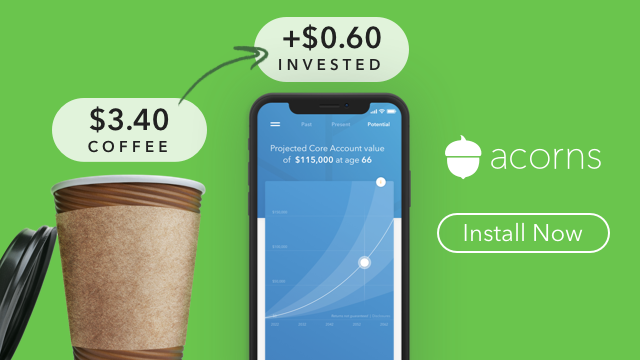How The Federal Debt Affects You
People lose jobs and homes. Politicians bicker and scuffle for ways to address the financial havoc, and now some people are marching in protest against capitalism begrudging the one percent of the wealthiest citizens in the country. With all the ruckus that has been taking place, consumers continue to be saddled with debt, and so is the US government, with Federal Debt that continues to escalate. While we cope with our individual financial burdens, it is important that we also understand what the National Debt is all about and how it affects ordinary citizens.
Federal Debt Versus Federal Deficit
You may be hearing the terms “Federal Debt” and “Federal Deficit” a lot of times on TV when politicians of parties and views that are poles apart lock horns. An average US citizen must realize that the National or Federal Debt is different from the Federal Deficit. Federal Deficit is the difference between (1)receipts, or the money the federal government collects, and (2) outlays, or the money it spends annually. The government receives money from taxes (income, social insurance and excise) and from fees, while it spends to pay for Medicare and Social Security benefits, medical research, interest payments on debt, and several others. When the revenue is less than the amount of spending, this results to a deficit and the Treasury would need to borrow money the government needs to use to pay its dues. It is done by offering notes, T-bills, savings bonds, inflation-protected securities and other Treasury securities to the public. (As mandated by law, government trust funds must invest surpluses in these securities.) This now leads us to national or federal debt.
A particular year’s deficit is the amount of Treasury securities sold to the public and to the government trust funds, and this amount is added to the more sizable ongoing National or Federal Debt. In other words, the National Debt is an accumulation of yearly deficits.
The Overall Effects of Federal Debt on The Economy
Federal debt that continues to pile up due to recurring deficits can disconcert the creditors and worry about how the government intends to pay off the debt. As this goes on, creditors would require higher interest payments to compensate for the increase in their perceived risk. However, rising interest rates can stifle economic upturn. Because of this, the US government may be drawn to allow the value of the dollar to slip so that repaying the debt would come across as cheaper because of the cheaper dollars. This could make investors and foreign governments disinclined to purchase Treasury bonds, driving interest rates up.
The Impact of Federal Debt on the Ordinary Consumers
Interest Rates for People and Businesses. When the government increases its borrowing, it uses up the resources that are supposedly used for private or business investment. This occurrence is known as “crowding out.” This forces the interest rates up, and as a result, many private businesses as well as consumers can no longer afford to borrow for their business and consumer needs. (This is, of course, assuming other things constant since there are other factors that affect interest rates besides Federal Debt. )
Taxes. Remember that one main source of revenues for the government is from the collection of taxes. When a budget deficit becomes apparent, the government has two options: increase taxes or borrow by offering Treasury Bills and Government Bonds. The ordinary citizen is spared from being heavily taxed when the government opts to borrow. In contrast, when federal debt starts to go down, the ordinary citizen has to pay more income tax and more interest when acquiring a house.
Unemployment. With lesser taxes, people now have more money to spend and will hopefully crank up business production and generate more jobs, thus, bringing down unemployment.
Prices of Groceries and Other Goods. A decrease in Federal Debt will weaken the spending power of the consumers because businesses would price their goods higher to compensate for the higher business cost of borrowing money.
Long Term Effect of the Federal Debt on Economic Growth
With diminished business investment, economic growth in the future will also slack up, and this can subsequently bring down the living standards in the coming times.
Federal Debt is somehow necessary to fuel economic growth. However, the government has to keep the amount in check as unbridled debt can cost our children’s future.
Image by Getty Images via @daylife
 Follow
Follow
